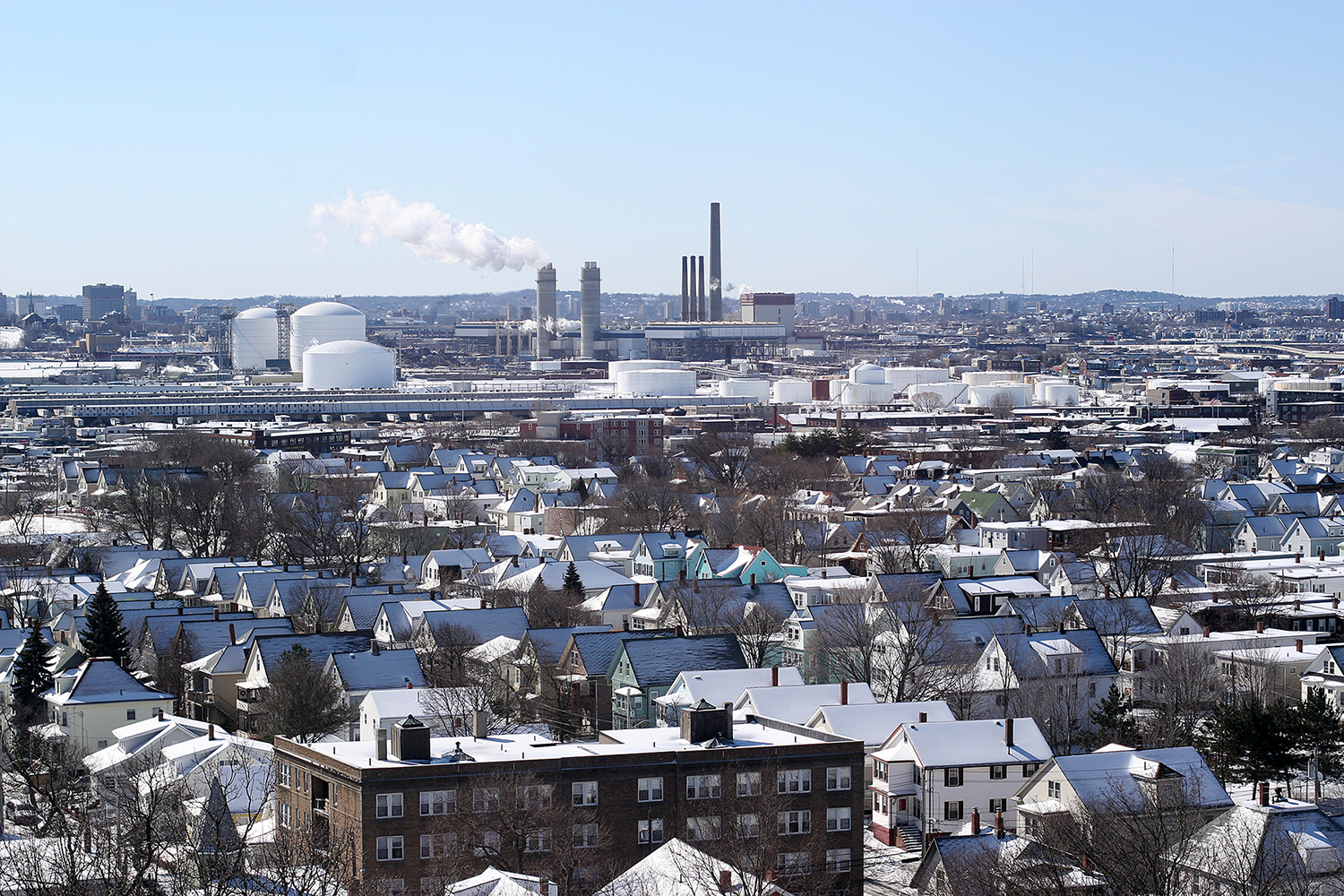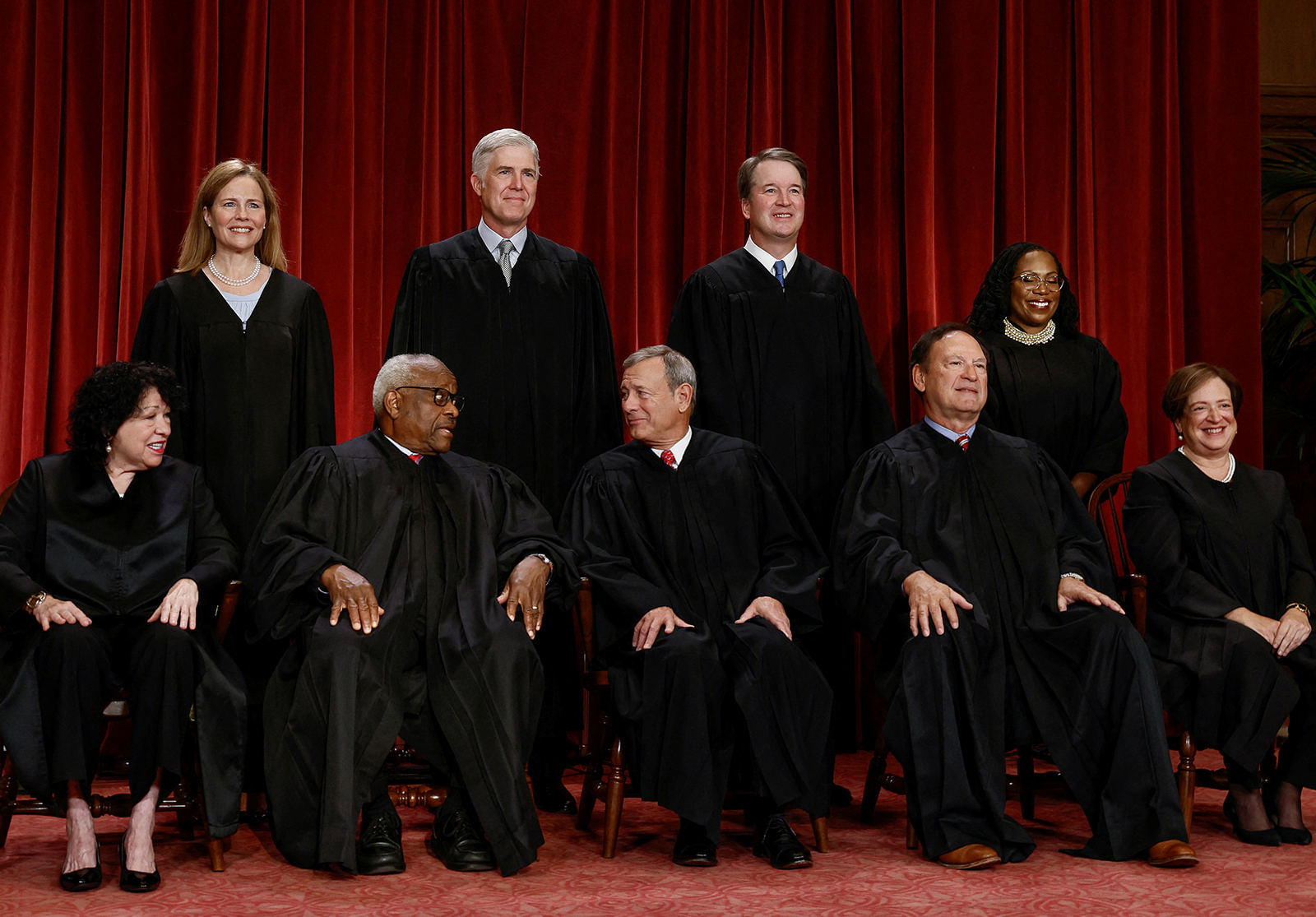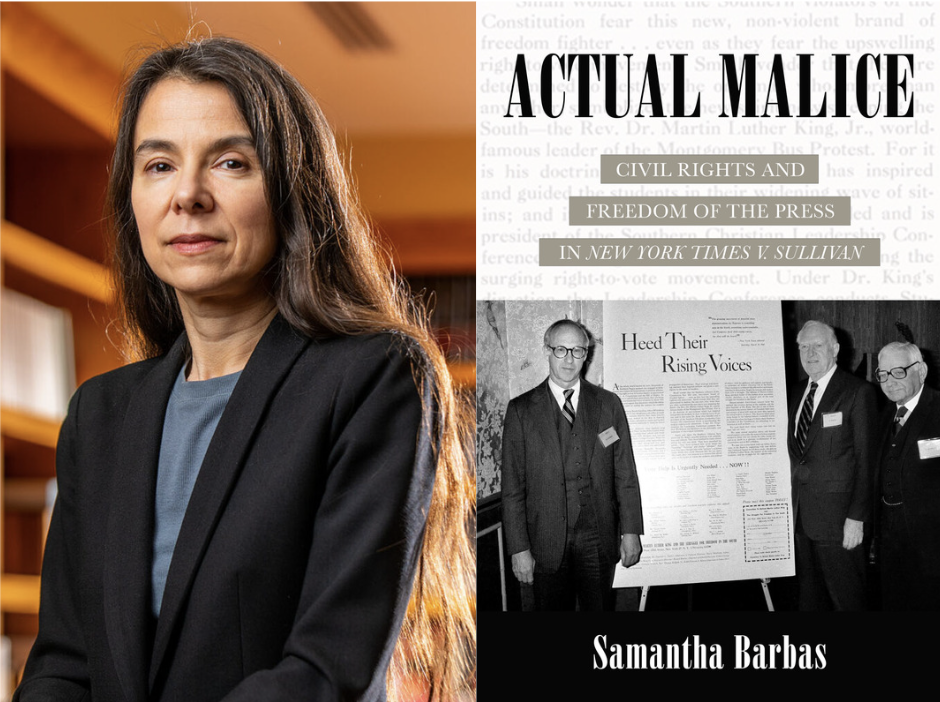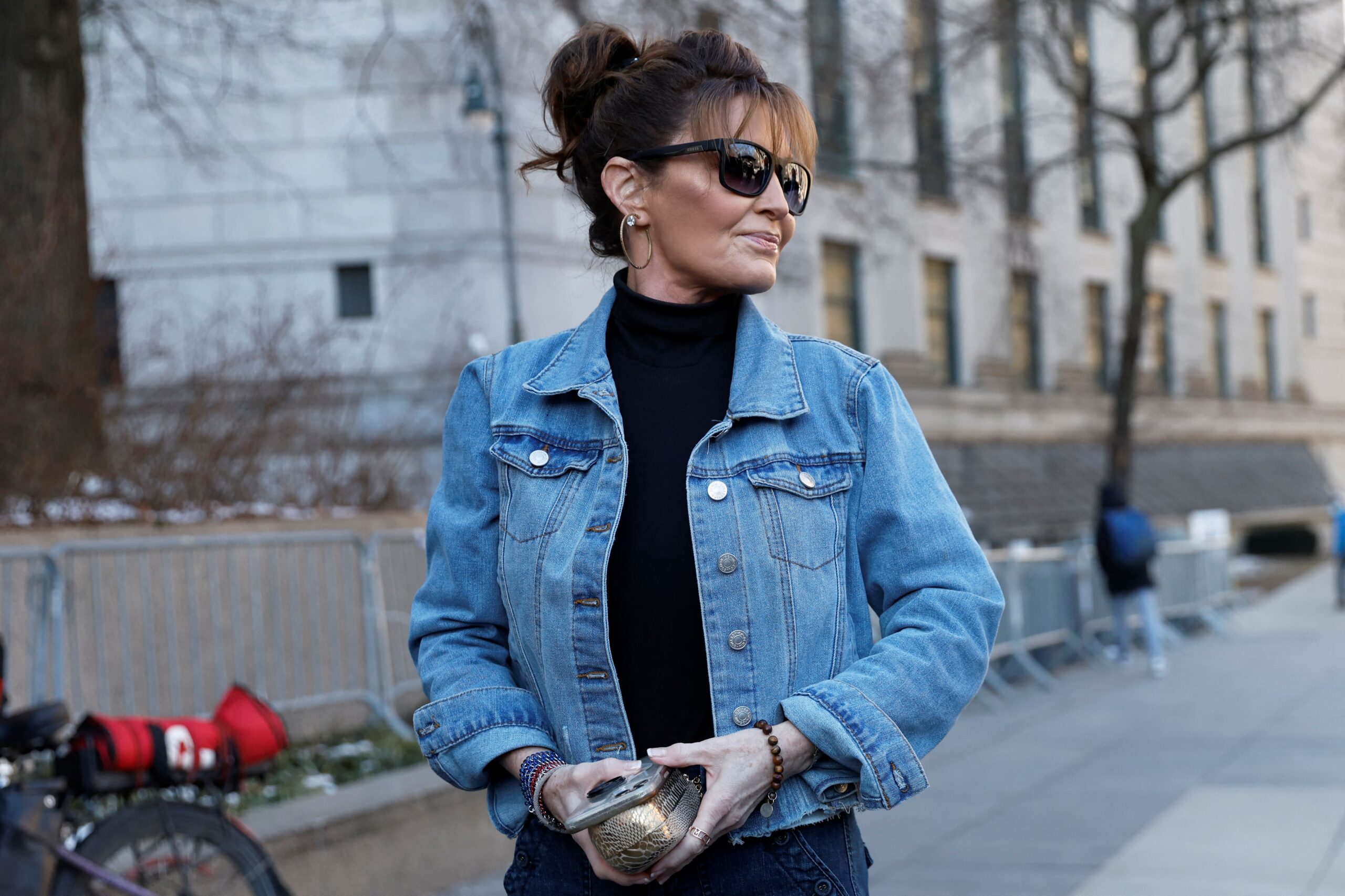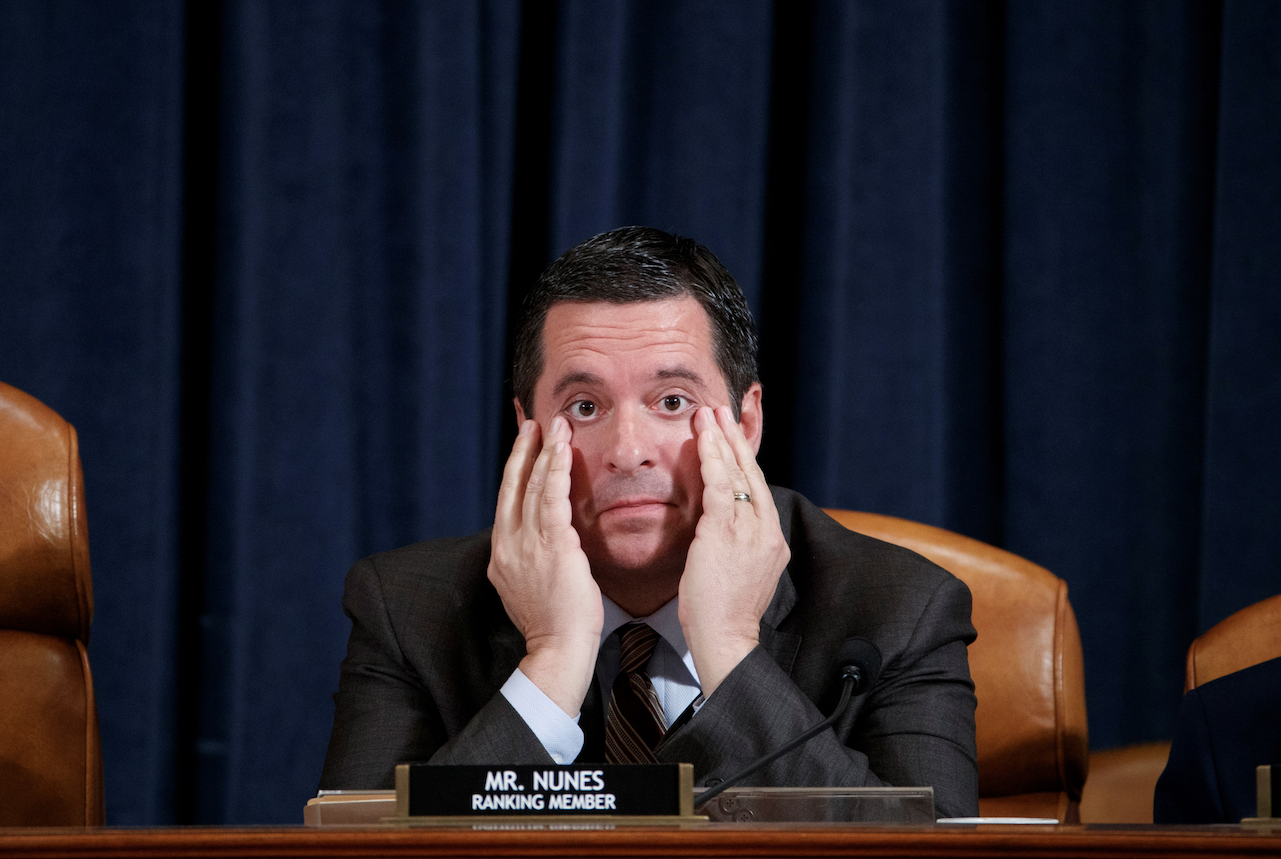Mayor Who Shut Down Newspaper Over Fake Stories Now Facing Corruption Allegations
A willing disregard for the truth became abundantly evident when the paper’s editor swore in court to tell the truth and admitted to fabricating story after story.
Supreme Court Declines to Hear Case Seeking Reconsideration of Defamation Protections
The Supreme Court declined to hear a case requesting the reconsideration of the “actual malice” standard as applied to public officials in media defamation cases.
From Samantha Barbas’ ‘Actual Malice’: The Full Story of New York Times v. Sullivan
An excerpt from Samantha Barbas' recently published book "Actual Malice: Civil Rights and Freedom of the Press in New York Times v. Sullivan."
Jury Dismisses Sarah Palin’s Defamation Claim Against the NY Times
On February 15th, a jury in the District Court for the Southern District of New York, dismissed a defamation lawsuit brought by Sarah Palin, a former governor of Alaska and vice presidential candidate in 2008, against The New York Times. The decision came a day before U.S. District Judge Jed Rakoff said that he planned to dismiss the suit if the jury sided with Palin. Rakoff maintained that Palin’s lawyers were unable to prove the newspaper published with “actual malice” when it incorrectly linked her to a mass shooting in a Times editorial.
Music Producer “Dr. Luke” Not a Public Figure, NY Appellate Court Rules
Dr. Luke is suing pop star Kesha over claims she made that he raped both her and singer Katy Perry. Free expression groups have argued that courts should interpret the public figure doctrine more broadly in libel suits involving sexual assault claims.
Fox’s lawyers argue that they had a First Amendment privilege to report newsworthy allegations–even false ones–in a neutral way. They also claim that Smartmatic failed to establish a key requirement of a defamation claim—that Piro, Dobbs, and Bartiromo acted with “actual malice.”
Judge Dismisses Majority of Nunes’ Family’s Defamation Claims Against Esquire Magazine
The judge is asking the family to submit a new complaint based only on whether the family's dairy farm knowingly hired undocumented workers. The new complaint will also have to contain a new argument showing actual malice.
North Carolina Supreme Court Upholds Defamation Ruling Against Investigative Reporter
In reviewing the case, the North Carolina Supreme Court found that the reporter had omitted important information and mispresented quotes from sources. This, along with other evidence, led the court to conclude that article's false statements had not resulted from "mere negligence" but from a "purposeful avoidance of the truth."
